Justin Wilson Cooking' Cajun Corned Beef and Cabbage
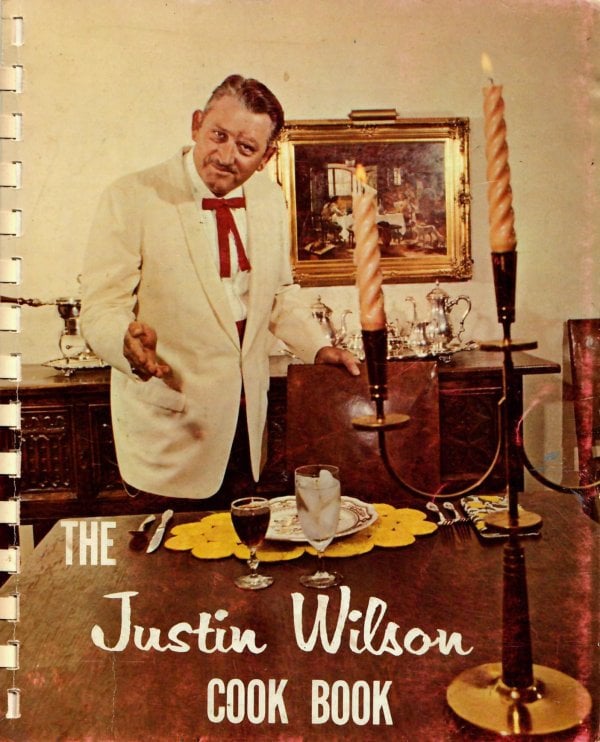
There is some good Cajun cooking going on in this cookbook – I guarantee!
If you are old enough to remember your TV receiving three stations, four max (if the wind was blowing the right direction), then you probably remember watching Justin Wilson's cooking show on PBS. Before his television fame, Justin Wilson wrote his first cookbook in 1965 – The Justin Wilson Cookbook, it was reprinted by Pelican Publishing Company in 1975, as the "First Pelican Edition, 1975"; the images included in this post come from this edition of the cookbook. Justin dedicates the book to his "wife, Sara, whom I call Mama. An' she's a dam' good cook, also, too, I garontee!"
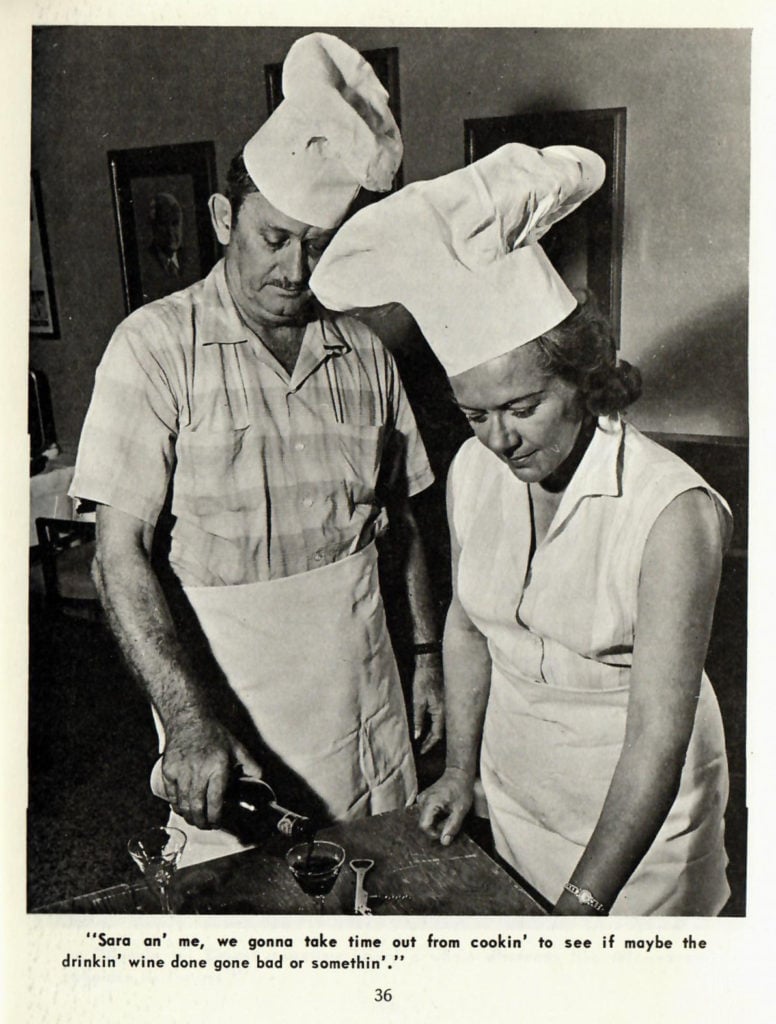
The cookbook is a simple plastic bound book, containing 92 pages. Generally, the page on the left side includes a picture, a quote, or story – sometimes related to the recipes on the opposite page and others just to provide a little humor as only our "Cookin' Cajun" can do. The cookbook starts out, as any good Cajun cookbook should with "How to Make a Roux," then divided into the various sections of Appetizers and Dips, Soups and Salads, Meats, Chickens, Seafood, Game, Vegetables, Breads, Sauces and Gravies, and of course ending with Desserts.
The Desert Section is only one page, yes one page. Here is what Wilson writes on that page:
You boun' to notice right off that thay ain' no desserts in this cook book, and for ver' good reasons, I garontee!
In the firstes' place, me, I don' like desserts very much at all.
In the secondes' place, me, I sure don' need do desserts, or I'm gonna be big as a house sometime soon.
But mos'ly they ain' no desserts in this cook book because you don' got no place some at all to up a dessert, after you eat a real Cajun meal!
You gonna get you plub satsify jus' eatin' what's in this cook book.
Also, anyone what wants a dessert, me, I can tell them that the mos' bes' thing they can eat for dessert is maybe a little sherbert, or a dip of ice cream wit' a tablespoon wine or brandy on top.
So you jus' do ahead an' whomp you up a big Cajun meal and then axe you'self if you still want a dessert. If you do, well, it's you' waistline, none of mine. If you don', well then me, I agree wit' you, I garontee!
— JUSTIN WILSON
Wilson suggesting only "a little sherbert or a little ice cream with a tablespoon of wine or brandy on top," comes as no surprise as most of the recipes in the cookbook have alcohol as a component. Almost all of Wilson's recipes call for wine, mostly red, claret, or sauterne; occasionally, a recipe will call for brandy or another aperitif, but wine is Wison's go-to alcohol ingredient. Wilson addresses his use of alcohol as an ingredient in his Cajun dishes in his forward:
An' you gonna learn how to use wine in you' cookin'. A little sauterne, a little claret, sometimes a little sherry can make a mos' ordinair' dish taste like somethin' cooked by angels.
If you got the prohibits about wine, don' you worry none. the alcohol done cook itse'f right out of that pot in jus' ten or nine seconds. An' all what you got lef' is that wondermous flavor.
Also, in Wilson's forward, he states that he is in love with cooking – Cajun cooking, and he loves Cajun cooking because the recipes have evolved over the years to use the ingredients that are staples for the Cajun people. Those ingredients include less expensive cuts of meat and vegetables, "stuff like rice, cornmeal, red beans, peas, okra, tomatoes, and eggplants." For meats, staples for the Cajuns are "chicken, pork, cheap cuts of beef and lamb" and things that he can usually "catch by hisself" like shrimp, catfish, crabs, oysters, and turtle. And since the Cajun people "are the most greates' hunters in the worl,' they also eat longs of rabbit, squirrel, venison, 'coon, an' mushrat."
Also, in the forward, Wilson explains that this cookbook is not a beginner's cookbook. Even though this is not a "beginner's cookbook," it is filled with essential Cajun recipes that almost anyone can master. Wilson claims that most anyone can learn Cajun Cooking, as long as they have the right attitude, which comes from common sense, "which the Cajun has hisself a barrel of," and you think cooking is fun. He says once you master the arts of how to make a roux, boil rice, and make a barbeque sauce, then you are ready to become a real Cajun cook. He says that you have mastered Cajun cooking when you learn to cook with all five of your senses: taste, smell, and appearance are apparent, and occasionally feel comes in handy when cooking, "but that day or so you' gonna caught you'self listenin' to see if you' rice is finish cook or not, that gonna be the day you yell 'Hoo, boy, I finally is a Cajun cook, for sure!'"
This cookbook is an excellent piece of Cajun-Americana cooking, a great addition to your cookbook collection if you are interested in basic Cajun cooking, the way it was before all the famous Cajun cooks started promoting their own cooking spices and such – which Justin Wilson later did, and someone continues in his name today. Justin Wilson later authored at least six more cookbooks, and of course, they are available from Amazon if you want a copy for your library:
Here is a listing of the contents and recipes included in the 1975 Pelican Publishing edition of the Justin Wilson Cookbook:
- How to Make a Roux
- Appetizers and Dips
- Boiled Burr Artichokes
- Garlic Bread Au Beaujolais
- Smoked Sausage and Oysters A La Justin
- Shrimp Dip
- How Swiss 'N Cider Dip
- Eggplant Appetizer A La Justin
- Soups and Salads
- Turtle Soup A La Monteleone
- Salad A La Wilson
- Red Bean Salad
- Red Bean Soup
- French Salad Dressing A La Justin
- Cold Slaw
- Hot Slaw
- Marinated Green Beans
- Meats
- Baked Cube Steak
- Barbecued Roast of Beef
- Corned Beef and Cabbage Au Vin
- Roast Beef
- Short Rib Spaghetti Dinner
- Barbecued Pork or Beef Ribs
- Pork Chops with Dressing
- Broiled Pork Chops Au Vin
- Oven Pork Roast
- Baked Pork Chops with Rice & Tomatoes
- Sweetbreads Veau Aux Champignons A La Pierre
- Barbequed Ham
- Roast Leg of Lamb
- Chicken
- Chicken Jambalaya
- Chicken A La Justin
- Poulet Au Gratin A La Castille
- Peach Brandy Chicken
- Broiled Chicken
- Barbecued Chicken
- Chicken-Andouille Gumbo A La Rosina
- Seafood
- Shrimp and Oyster Gumbo with File'
- Boiled Shrimp in Shell
- Dressing for Boiled Shrimp
- Shrimp A La Creole
- Broiled Shrimp A La Justin
- French Fried Shrimp
- Crawfish Stew
- Broiled Flounder
- Baked Red Snapper
- Catfish Courtbouillon (Coo-Bee-Yon)
- Turtle Etouffee
- Game
- Baked Goose
- Broiled Quail
- Pheasant Au Vin
- Venison Sauce Piquante
- Venison Roast
- Dove or Quail in Wine Sauce
- Broiled Squirrel
- Barbecued Duck (Wild or Domestic)
- Vegetables
- Dirty Rice
- Rice (Long Grain)
- Dried Red Beans
- Okra Gumbo
- Cut Okra and Tomatoes Au Vin
- Boiled Okra
- Boiled Cabbage Dinner
- Eggplants
- Cabbage Roll A La Marie
- Snap or String Beans Au Vin
- Stewed Squash Au Vin
- Mustard Greens Au Vin
- Field or Crowder Peas
- Irish Potatoes Au Gratin Au Vin
- Cauliflower or Broccoli Au Gratin
- Asparagus with Shrimp Casserole
- Baked Macaroni & Cheese Au Vin
- Breads
- Hush Puppies
- Home-Made Rolls A La Rosina
- Hot Water Corn Bread
- Sauces and Gravies
- Cooked Barbecue Sauce
- Barbecue Sauce with added Commercial Barbecue Sauce
- Saw Mill Gravy
- Desserts
Here are a few of Justin Wilson's most popular recipes.
Enjoy!
Chicken-Andouille Gumbo A La Rosina
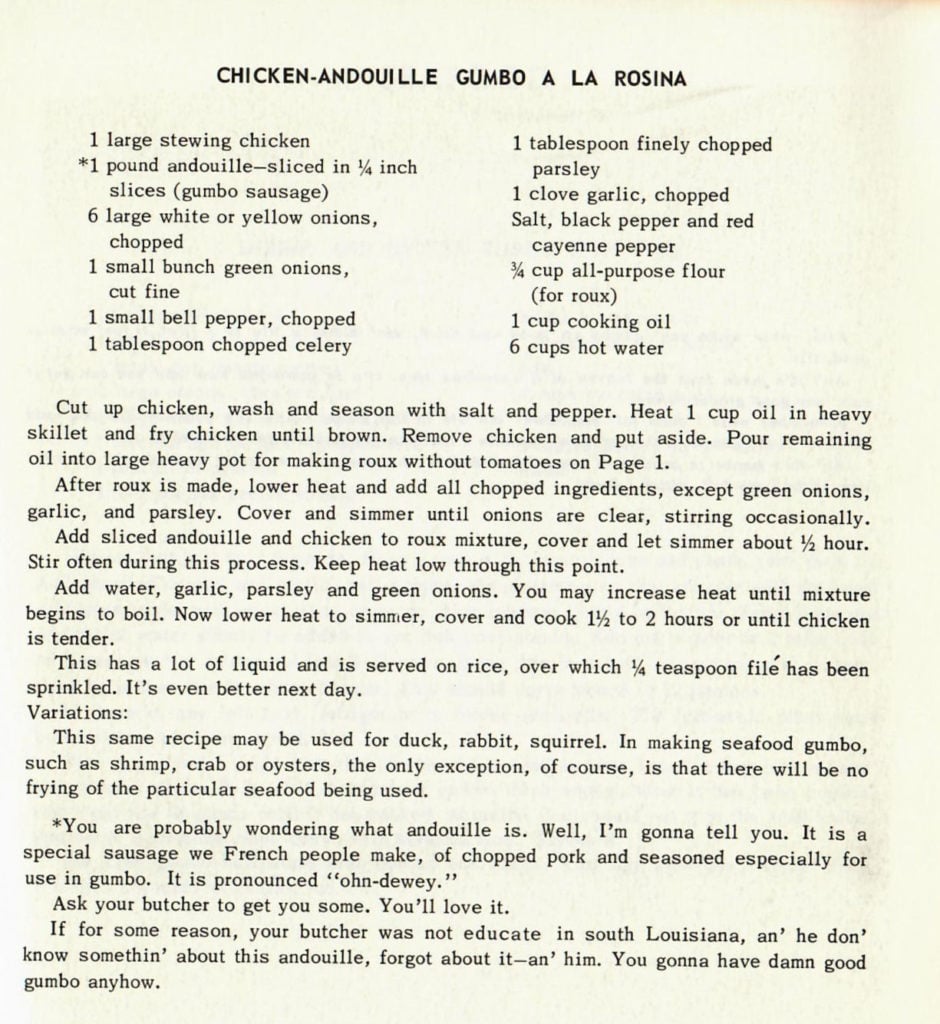
Ingredients
1 large stewing chicken
1 pound andouille – sliced in 1/4 inch slices (gumbo sausages)
6 large white or yellow onions, chopped
1 small bunch green onions, cut fine
1 tablespoon chopped celery
1 tablespoon chopped parsley
1 clove garlic, chopped
Salt, black pepper, and red cayenne pepper
3/4 cup all-purpose flour (for roux)
1 cup cooking oil
6 cups hot water
Method
Cut up chicken, wash, and season with salt and pepper. Heat 1 cup oil in a heavy skillet and fry chicken until brown. Remove chicken and put aside. Pour remaining oil into a large, heavy pot for making a roux without tomatoes on Page 1.
After the roux is made, lower heat and add all chopped ingredients, except green onions, garlic, and parsley. Cover and simmer until onions are clear, stirring occasionally.
Add sliced andouille and chicken to roux mixture, cover, and let simmer about 1/2 hour. Stir often during this process. Keep heat low through this point.
Add water, garlic, parsley, and green onions. You may increase the heat until the mixture begins to boil. Now lower to simmer, cover and cook 1.5 to 2 hours or until chicken is tender.
This has a lot of liquid and is served on rice, over which 1/4 teaspoon file has been sprinkled. It's even better the next day.
Variations:
This same recipe may be used for duck, rabbit, squirrel. In making seafood gumbo, such as shrimp, crab, or oysters, the only exception, of course, is that there will be no frying of the particular seafood used.
You are probably wondering what andouille is. Well, I'm gonna tell you. It is a special sausage we French people make of chopped pork, seasoned especially for use in gumbo. It is pronounced "ohn-dewey."
Ask your butch to get you some. You'll love it.
If for some reason, your butcher was not educated in south Louisiana, an' he don' know somethin' about this andouille, forgot about it-an' him. You gonna have damn good gumbo anyhow.
Shrimp A La Creole
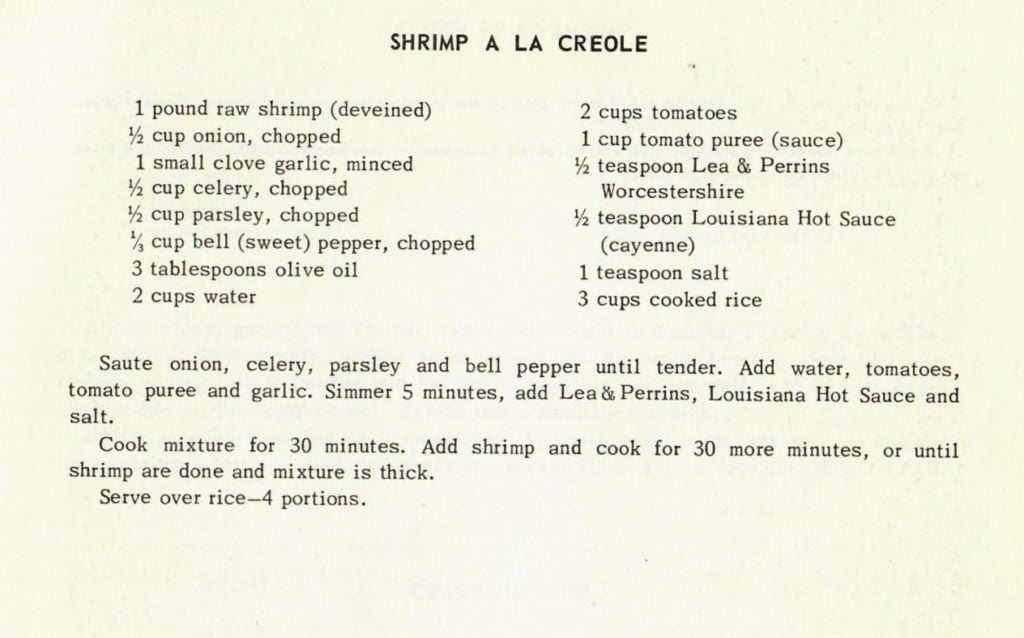
Ingredients
1 pound raw shrimp, deveined
1/2 cup oinion, chopped
1 small clove garlic, minced
1/2 cup celery, chopped
1/2 cup parsley, chopped
1/3 cup bell (sweet) pepper, chopped
3 tablespoons olive oil
2 cups water
2 cup tomatoes
1 cup tomatoe puree (sauce)
1/2 teaspoon Lea & Perrins Worcestershire Sauce
1/2 teaspoon Louisiana Hot Sauce (cayenne)
1 teaspoon salt
3 cups cooked riceMethod
Saute onion, celery, parsley, and bell pepper until tender. Add water, tomatoes, tomato puree, and garlic. Simmer 5 minutes, add Lea & Perrins, Louisiana Hot Sauce, and salt.
Cook mixture for 30 mintues. Add shrimp and cook for 30 more mintues, or until shrimp are done and mixture is thick.
Serve over rice – 4 portions.
Dried Red Beans
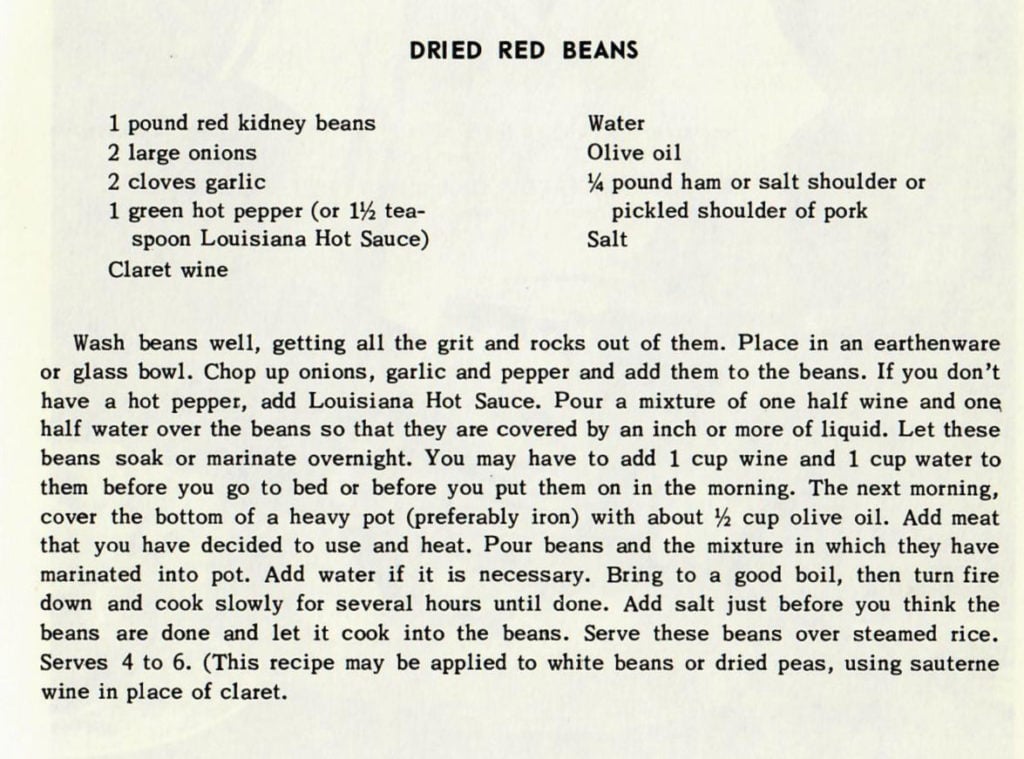
Ingredients
1 pound red kidney beans
2 large onions
2 cloves garlic
1 green hot pepper (or 1.5 teaspoons Louisiana Hot Sauce)
Claret wine
Water
Olive oil
1/4 pound ham or salt shoulder or pickled shoulder of pork
Salt
Method
Wash beans well, getting all the grit and rocks out of them. Place in an earthenware or glass bowl. Chop up onions, garlic, and pepper and add them to the beans. If you don't have a hot pepper, add Louisiana Hot Sauce. Pour a mixture of one-half wine and one-half water over the beans so that they are covered by an inch or more of liquid. Let these beans soak or marinate overnight. You may have to add 1 cup of wine and 1 cup of water to them before you go to bed or before you put them on in the morning. The next morning, cover the bottom of a heavy pot (preferably iron) with about 1/2 cup olive oil. Add meat that you have decided to use and heat. Pour beans and the mixture which they have marinated into a pot. Add water if necessary. Bring to a good boil, then turn the fire down and cook slowly for several hours until done. Add salt just before you think the beans are done and let it cook into the beans.
Serve these beans over steamed rice.
Serves 4 to 6. (This recipe may be applied to white beans or dried peas, using sauterne wine in place of claret.)
Put a little RETRO in your kitchen…
The above items are available on Amazon.
Newsletter
Signup for news and updates from Vintage Recipes!
Thank you!
You have successfully joined our subscriber list.

Our Most Recent Recipes
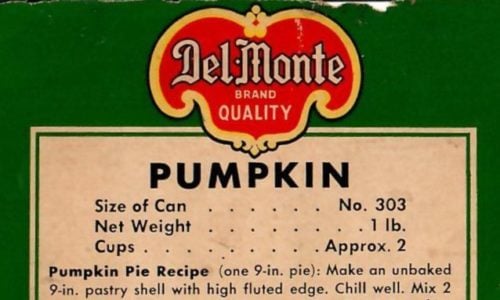
Pies and Pastries
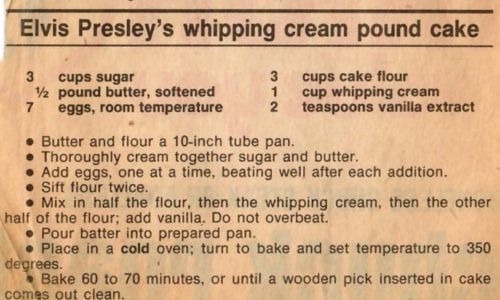
Cakes
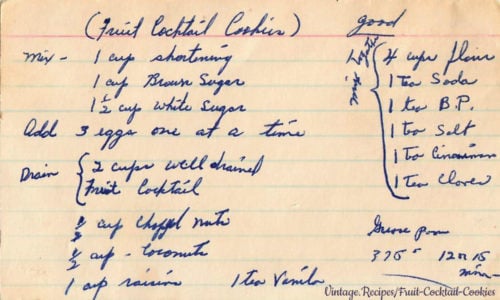
Cookies
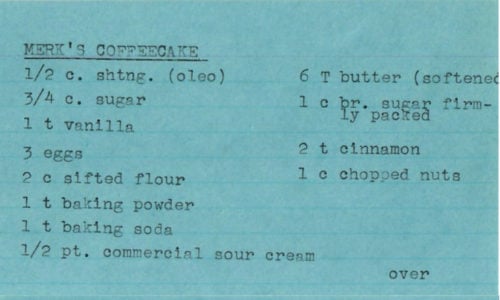
Breads and Rolls
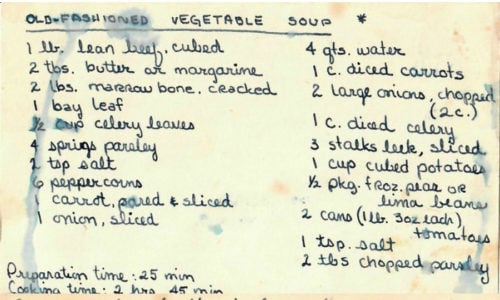
Eidson
Publisher: Pelican Publishing Company; Gretna, Louisiana
Source: https://vintage.recipes/cookbook/justin-wilson-cookbook/
0 Response to "Justin Wilson Cooking' Cajun Corned Beef and Cabbage"
Postar um comentário